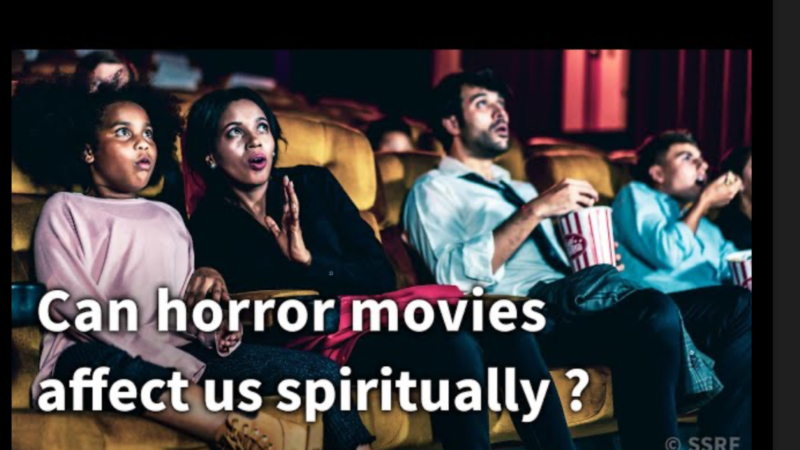☰Table of content
October is considered a horror month in many countries, with pumpkin heads, creative costumes, fake blood and horror movies full of thrills and gore. However, we also need to pay attention to our mental health when watching movies of this genre.
1. Physiological effects of horror movies
Horror movies contain psychological tricks to create the illusion of suspense and danger through visual, audio, and plot techniques. Although your brain perceives that the threats are not real, your body simultaneously registers them as if they were real.
Psychologists have explained that when you watch a horror movie, your heart pumps, adrenaline flows, and your attention narrows, even when you know you are at home or in a theater and there is no real danger. This is similar to when you go for a walk in an amusement park, where you can feel terrified while knowing that you are safe.
Does watching horror movies have any effects? Horror movies are designed to evoke certain emotions such as tension, fear, or shock. They can cause the release of hormones in the body such as norepinephrine, cortisol, and adrenaline from the autonomic nervous system. You can see the physiological response to these hormones through dilated pupils, increased heart rate, and muscle tension.
2. How do horror movies affect sleep?
Are horror movies good for you? While adrenaline contributes to the overall experience of the movie, the increased stress can make it harder to fall asleep. The post-horror high that some people feel is not a relaxing feeling. So even for those who enjoy thrills, horror and suspense movies can make it harder to fall asleep.
Getting a good night's sleep is incredibly important for both physical and mental health. Studies have shown that poor sleep or sleep deprivation can negatively impact the way your brain processes emotions the next day and can increase negative emotions.
Poor sleep quality is also linked to mental health issues. It is estimated that 90% of people with depression have poor sleep quality. Several other studies have shown that poor sleep in older adults increases the risk of suicide.
However, other studies have also shown that sleeping for three or more nights in a row can lead to perceptual distortions, delusions, and hallucinations. Researchers note that, for susceptible individuals, sleep can also be affected by the projection of images from movies into dreams, meaning that on-screen horrors can trigger nightmares, disrupt REM sleep (deep sleep), and cause disrupted or poor-quality sleep.
3. How do horror movies cause anxiety?
People with anxiety are more likely to be negatively affected by horror movies. Researchers explain that chronic anxiety increases sensitivity to startling stimuli. This makes people who are already stressed and anxious more likely to react negatively.


